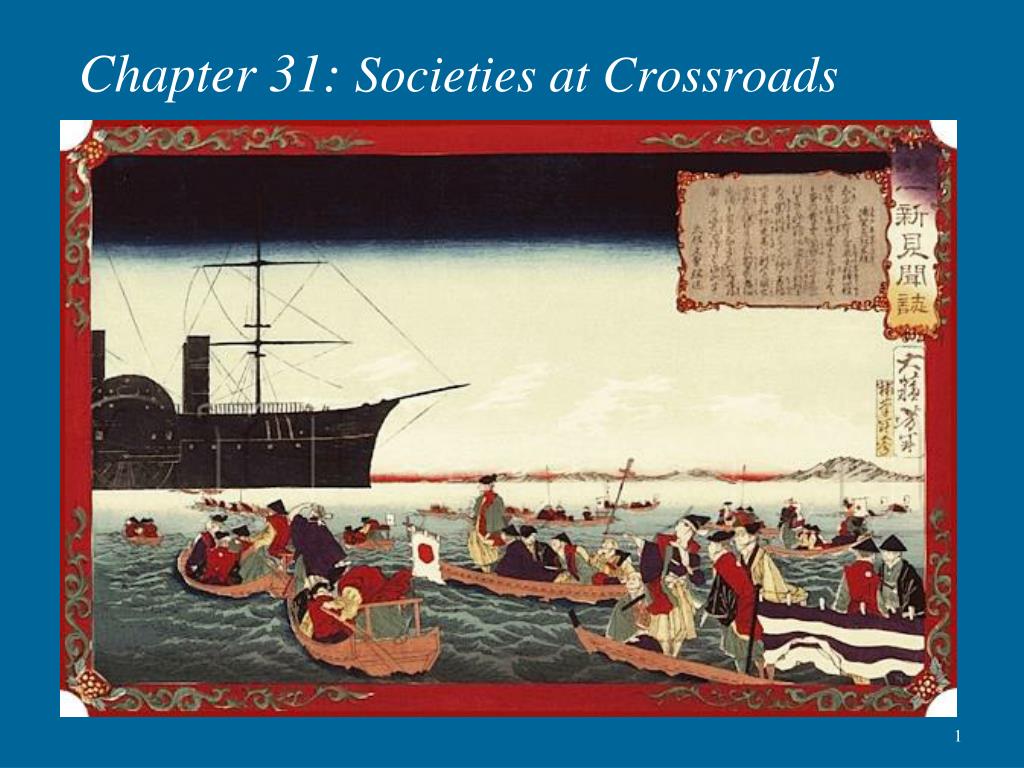In an era where technology, climate change, cultural shifts, and global politics collide, the phrase "society at crossroads" has never been more relevant. The world is at a pivotal moment, and the decisions we make today will shape the future for generations to come. As we navigate these complex challenges, understanding the dynamics of our current situation is crucial for progress.
This article dives deep into the concept of society at crossroads, exploring the multifaceted issues we face and the opportunities that lie ahead. By examining key areas such as technology, social justice, environmental sustainability, and global governance, we aim to provide a comprehensive overview of where we stand and how we can move forward.
Whether you're a policymaker, a concerned citizen, or simply someone interested in the state of the world, this article offers insights and actionable steps to help us navigate this critical juncture in human history.
Read also:Exploring The Life And Achievements Of Zoe Grace Quaid A Rising Star
Table of Contents
- Introduction to Society at Crossroads
- The Role of Technology in Modern Society
- Climate Change and Its Impact on Society
- Social Justice and Equity
- Global Governance and Political Stability
- Economic Inequality and Its Challenges
- Cultural Shifts and Values
- Education and Future Skills
- Healthcare and Well-being
- Conclusion and the Path Forward
Introduction to Society at Crossroads
The phrase "society at crossroads" encapsulates the complexity of our modern world. At this point in history, we are faced with unprecedented challenges and opportunities. From the rapid advancement of technology to the urgent need for climate action, society is at a turning point that demands our attention and action.
One of the most significant aspects of this crossroads is the interconnectivity of global issues. For instance, the rise of artificial intelligence (AI) not only transforms industries but also raises ethical questions about privacy and job displacement. Similarly, the impact of climate change extends beyond environmental concerns, affecting economic stability, public health, and social cohesion.
In this section, we will explore the broader context of society at crossroads, examining the historical and contemporary factors that have brought us to this point. By understanding the roots of these challenges, we can better prepare for the future.
The Role of Technology in Modern Society
Technological Advancements and Their Impacts
Technology has become the backbone of modern society, driving innovation and transforming industries. However, the rapid pace of technological change also poses challenges. For example, the widespread adoption of automation and AI has led to concerns about job displacement and the widening digital divide.
Key areas where technology is reshaping society include:
- Healthcare: Telemedicine and AI-driven diagnostics are revolutionizing patient care.
- Education: Online learning platforms and virtual classrooms are expanding access to education.
- Transportation: Electric vehicles and autonomous systems are reshaping urban mobility.
According to a report by the World Economic Forum, the integration of technology in everyday life will continue to accelerate, with both positive and negative implications for society.
Read also:Cindy Clerico Landon Rising Star In The Entertainment Industry
Climate Change and Its Impact on Society
The Urgency of Climate Action
Climate change is one of the most pressing issues of our time, with far-reaching consequences for society. Rising temperatures, extreme weather events, and sea-level rise threaten ecosystems, economies, and human well-being. The Intergovernmental Panel on Climate Change (IPCC) warns that urgent action is needed to limit global warming to 1.5°C above pre-industrial levels.
Societal impacts of climate change include:
- Food insecurity due to changing agricultural patterns.
- Increased frequency of natural disasters, displacing millions of people.
- Public health crises exacerbated by heatwaves and pollution.
Addressing climate change requires collective action at all levels, from individual choices to international agreements.
Social Justice and Equity
Fostering Inclusivity and Equality
Social justice is a cornerstone of a fair and equitable society. Issues such as systemic racism, gender inequality, and economic disparity continue to challenge our progress toward a more just world. The Black Lives Matter movement, the #MeToo campaign, and other grassroots initiatives highlight the urgency of addressing these injustices.
To promote social justice, we must:
- Implement policies that ensure equal opportunities for all.
- Encourage diversity and inclusion in workplaces and communities.
- Support education and awareness programs that challenge stereotypes and bias.
Research from organizations like the United Nations shows that promoting equity leads to stronger, more resilient societies.
Global Governance and Political Stability
Building Effective Institutions
Global governance plays a crucial role in addressing cross-border challenges such as trade, security, and human rights. However, political instability and polarization threaten the effectiveness of international institutions. The rise of populist movements and nationalist sentiments in many countries underscores the need for renewed commitment to multilateralism.
To enhance global governance, we must:
- Strengthen international cooperation and agreements.
- Encourage transparency and accountability in decision-making processes.
- Empower local communities to participate in global discussions.
Studies by think tanks like the Brookings Institution emphasize the importance of inclusive governance in fostering stability and prosperity.
Economic Inequality and Its Challenges
Addressing Wealth Disparities
Economic inequality remains a significant barrier to social progress. The gap between the rich and the poor continues to widen, with adverse effects on health, education, and social mobility. The World Bank reports that while global poverty rates have declined, income inequality remains a persistent challenge in many regions.
Policies to address economic inequality include:
- Progressive taxation and wealth redistribution.
- Investment in education and skills training.
- Support for small businesses and entrepreneurship.
By tackling economic inequality, we can create a more inclusive and sustainable economy.
Cultural Shifts and Values
Embracing Diversity and Change
Cultural shifts are reshaping societies around the world, with new values and norms emerging in response to globalization and technological advancements. The rise of social media has amplified diverse voices, fostering greater awareness and understanding of different cultures. However, these shifts also bring challenges, such as cultural appropriation and identity politics.
To navigate cultural shifts effectively, we must:
- Promote intercultural dialogue and exchange.
- Respect and celebrate cultural diversity.
- Encourage critical thinking and open-mindedness.
These efforts contribute to a more harmonious and inclusive global community.
Education and Future Skills
Preparing for the Jobs of Tomorrow
Education is a key driver of societal progress, equipping individuals with the skills needed to succeed in an ever-changing world. As automation and AI reshape the job market, there is a growing demand for skills such as critical thinking, creativity, and digital literacy. The World Economic Forum identifies these as essential for the workforce of the future.
To ensure education systems meet these needs, we must:
- Integrate technology into the classroom.
- Focus on lifelong learning and adaptability.
- Encourage collaboration between schools, businesses, and governments.
Investing in education is an investment in the future of society.
Healthcare and Well-being
Prioritizing Public Health
Healthcare is a critical component of societal well-being, with significant implications for economic productivity and quality of life. The global pandemic has highlighted the importance of robust healthcare systems and the need for universal access to medical services. Mental health, in particular, has gained increased attention as a key aspect of overall well-being.
To improve healthcare outcomes, we must:
- Invest in preventive care and public health infrastructure.
- Address health disparities and ensure equitable access to care.
- Integrate mental health services into mainstream healthcare systems.
These measures will help build healthier, more resilient communities.
Conclusion and the Path Forward
In conclusion, society at crossroads presents both challenges and opportunities for progress. By addressing the key issues discussed in this article—technology, climate change, social justice, global governance, economic inequality, cultural shifts, education, and healthcare—we can shape a better future for all. The decisions we make today will determine the trajectory of human development in the decades to come.
We invite you to take action by:
- Sharing this article with others to raise awareness.
- Engaging in discussions and debates about these critical issues.
- Supporting organizations and initiatives working toward positive change.
Together, we can navigate this crossroads and build a society that is equitable, sustainable, and prosperous for all.

